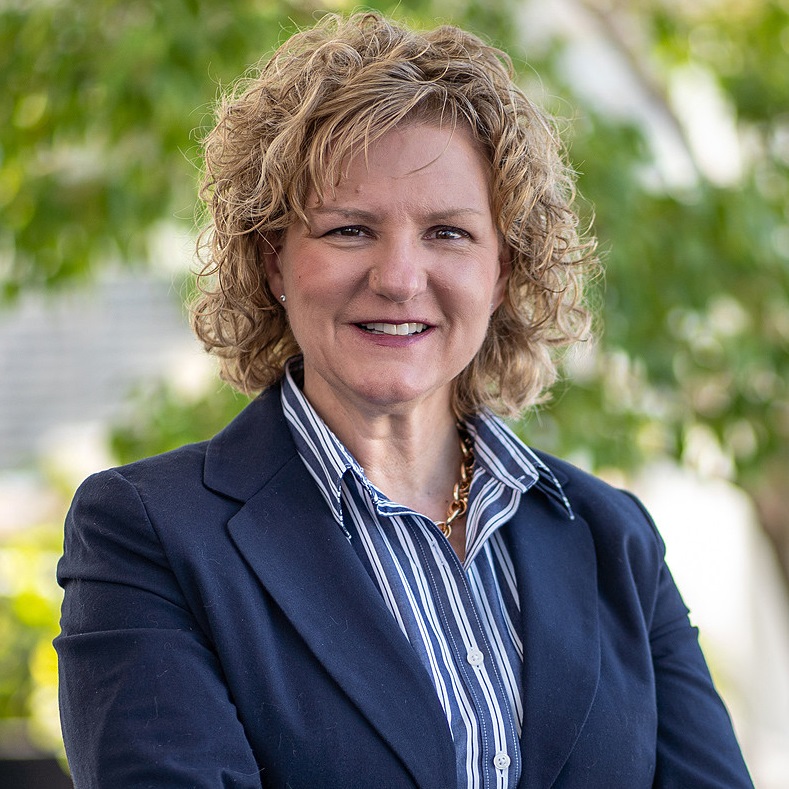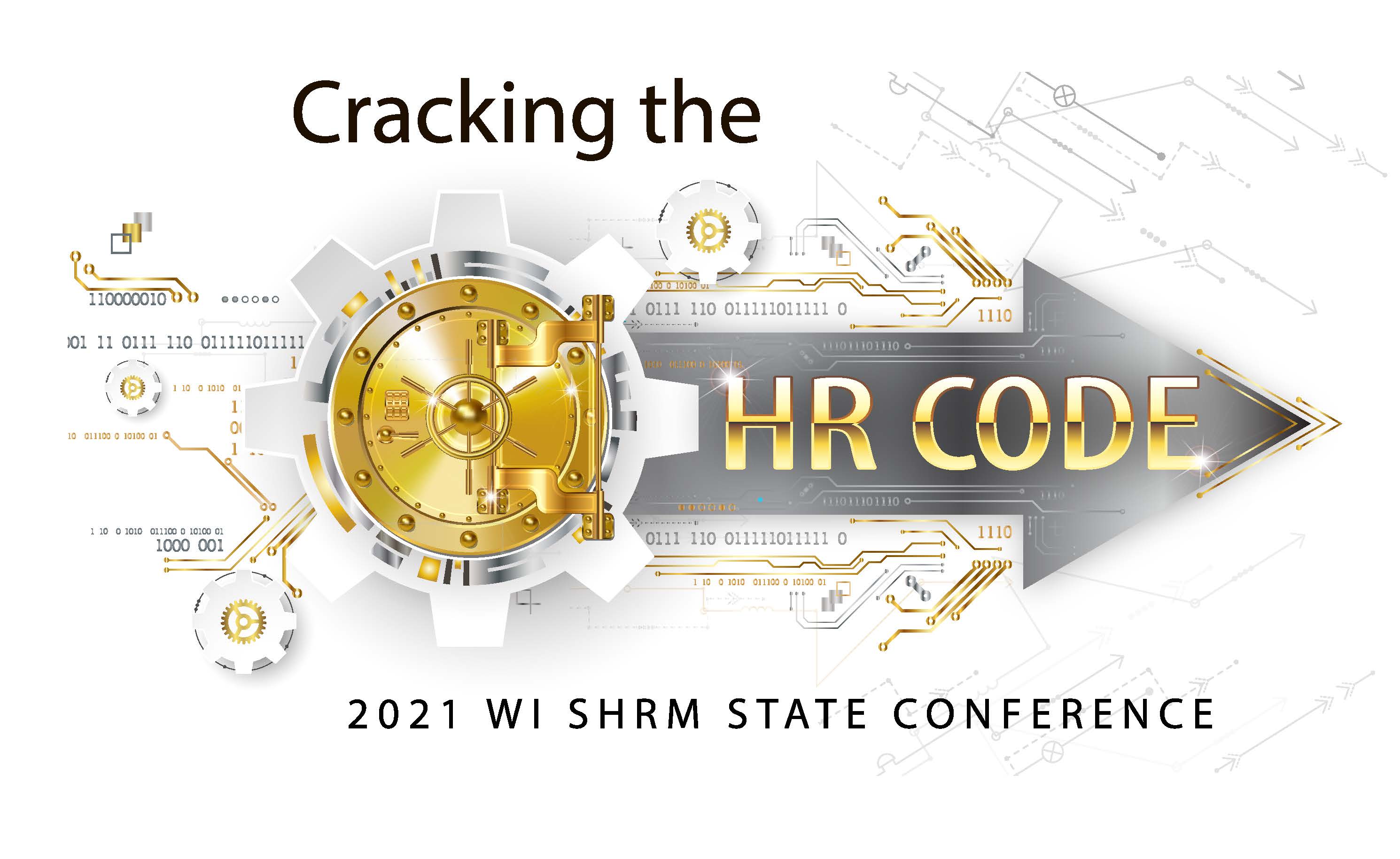WI SHRM 2021
State Conference
|
October 13 - 15, 2021
Kalahari Resort, Wisconsin Dells, WI
|
2021 State Preconference Speakers
Wednesday, October 13, 2021
1:00 – 4:30 p.m.
"The Annual Legal Overview: Keeping Up With the Times and Staying Ahead for the Future"
HR professionals are constantly challenged to keep up with the ever-changing workplace, employment laws, and technology. This program will bring you up to speed on key recent developments in areas of importance for Wisconsin employers and provide the opportunity for questions and answers. The program will highlight three areas:
Legal Update and Lessons from the Past Year
This session addresses key developments of the past year and “red flags” issues for the future.
- Recent laws and new regulations affecting your business
- A review of the most important Supreme Court and Wisconsin employment-related cases
- Other significant employment law cases, including the “most unusual cases of the year”
- Coming attractions and trends you should be ready for
- Best practices and practical guidance
- The most unusual cases of the year
Seeing Through the “Purple Haze” of Marijuana, CDB, Other Drugs, and Employment Laws
Marijuana and CBD products are increasingly becoming legal under state laws. However, these
laws vary widely. Some permit only limited medical use of the products, while others have
legalized recreational use. State law also varies regarding the legal protections provided to
employees that use CBD and marijuana products. Even the federal government has loosened its
restrictions on CBD products derived from hemp. However, CBD products that are
“supplements” are not subject to FDA testing; do employees really know what are in those
gummy bears?
Understanding the criminalization (or decriminalization) of these products is only the first step in seeing through the haze. How can multi-state employers draft an effective drug policy? How do employers near a state border navigate employees that live in another state with very different laws regarding these products? Several state and federal laws come into play that only make the haze murkier:
- Laws protecting employees from discrimination based on use of lawful products
- Americans with Disabilities Act and state disability laws
- State and federal FMLA
- Drug testing laws
- Drug-Free Workplace Act
- Federal Department of Transportation testing rules
- And more!
This presentation is designed to help HR professionals understand these products, their legality,
and how to avoid legal employment traps. While the legal haze is unlikely to clear completely
any time soon, HR professionals can strive to successfully navigate their way through the haze
created by this legal complexity.
Breaking the Code of Privacy
Privacy in the workplace is a complex, wide reaching and often misunderstood issue.
Technology and remote work have resulted in even blurrier lines between our private lives and
our work lives. How much can you look at employees’ off the clock activities? There are new
privacy laws with greater liability.
This presentation will provide an overview of laws that address employee privacy and will
provide practical guidance on best practices to foster efficient operations while steering clear of
legal violations.

Bob Gregg, Co-Chair of the Labor and Employment Law Practice Group at the Boardman & Clark Law Firm in Madison, Wisconsin, has been representing employers for over 30 years in a wide variety of litigation, including discrimination claims, wage and hour suits, FMLA, ADA, equal pay, employment contract and Unemployment Compensation cases. He has designed the employment handbooks and effective workplace policies and procedures for numerous private and public employers. Bob’s career has included canoe guide, carpenter, laborer, Army Sergeant, beer taster, social worker, educator, business owner, Equal Employment Opportunity officer, and employment relations attorney. Bob has conducted over 3,000 supervisory training programs throughout the United States. He is a member of the National Speakers Association, SHRM, and a national faculty member of the American Association for Access, Equity and Diversity, and serves on the Board of Directors of the Department of Defense Equal Opportunity Management Institute Foundation. Bob is an honors graduate of West Virginia University Law School.

Jennifer S. Mirus is a partner and Co-Chair of the Labor and Employment Law Practice Group at Boardman & Clark LLP in Madison, Wisconsin. Jennifer represents employers in all aspects of employment relations, including hiring, discipline and terminations, wage and hour issues, discrimination, ADA, FMLA, and harassment. Jennifer also has extensive experience negotiating and drafting employment contracts, non-compete agreements, and employee handbooks. Jennifer’s experience also includes conducting workplace investigations and human resources and management trainings for clients of all sizes. Jennifer is an honors graduate of the University of Wisconsin Law School.

Brian P. Goodman, is an attorney and a member of the labor and employment and school law practice groups of Boardman & Clark LLP. Prior to attending law school, Mr. Goodman was a music teacher in Illinois and received his Master’s degree in educational administration from Northern Illinois University. He uses his experience as an educator to assist employers and school districts on a wide range of legal issues and is a frequent presenter and writer on employment and education law matters. He graduated from the University of Wisconsin Law School, magna cum laude and was elected to the Order of the Coif. Mr. Goodman currently serves on the board of directors for the Greater Madison Area Society for Human Resource Management as the Director of Professional Development Summits.
Wednesday, October 13, 2021 – Karen Bender
1:00 – 4:30 p.m.
"Documentation and Discipline"

Your company culture is partially shaped by the behaviors you do and do not tolerate. Is this aspect of your culture as robust as you want it to be? Current low unemployment rates can make the decision to discipline or terminate an employee even harder. How will you replace them? Correcting and changing poor employee behavior is not easy – it takes professional courage and knowledge of good processes to make it legally defensible. Documentation of the process is a crucial factor in your success of being perceived as fair, having taken the right actions, and defending yourself. This session focuses on steps of a progressive disciplinary approach: 1. When should an employee be written up? 2. What steps are appropriate? What steps are available besides just a written reprimand and termination? What should the documentation include? 3. What should be said and done at each step? All steps will be discussed, with special emphasis on handling a termination. This session will help you be more confident and effective in working through the steps of this area of your responsibility. Information will be provided regarding writing an effective Progressive Discipline policy.
Learning Objective 1: WHEN SHOULD AN EMPLOYEE BE WRITTEN UP? The purpose of discipline is to change behavior. Determining when an employee's behavior needs to be redirected, when he/she should be written up and which is the appropriate step to apply will vary from business to business. However, there are some guidelines on when it is required to protect the company. When does the law require documentation of your attempts to change behavior? Does your company know what it wants? If not, some hard conversations will need to occur at upper levels in order to ensure support. What if you need to change your past position? Perhaps you have been lenient in areas such as harassment, but now need to take a firm stance. How do you proceed? What does your policy require? What has past practice been? Determining which step is appropriate can often be subjective, if an organization does not have clearly written rules. So, how do you decide?
Learning Objective 2: WHAT STEPS ARE APPROPRIATE? WHAT STEPS ARE AVAILABLE BESIDES WRITTEN REPRIMANDS AND TERMINATION? WHAT SHOULD THE DOCUMENTATION INCLUDE? Effective, defendable documentation is crucial for a number of reasons. What should be in every write-up in order to attempt to change the behavior and ensure the employee understands? We will discuss a standard four step process of first written, second written, suspension or third written, and finally termination. Other options discussed include: Notes to File, repeating steps, skipping steps, demotions, red circling, severance, etc. Whatever process is chosen, the documentation must be factual and free of opinions. It must include who, what, when and where something occurred, but not why - unless we have asked the employee. We will discuss why statements such as "bad attitude", "lazy", etc., must be avoided. What are the employee's legal rights in terms of refusing to sign? How should an employer respond to a refusal to sign?
Learning Objective 3: WHAT SHOULD BE SAID AND DONE AT EACH STEP? ALL STEPS WILL BE DISCUSSED, WITH SPECIAL EMPHASIS ON TERMINATION. What should be said and done at each step? Who should be present? What work needs to be done in advance of the meeting between the employer and the employee? How do you best prepare? Termination discussions are difficult. We will discuss some best practice ideas on all aspects of the termination - including security, minimizing risk, handling the final pay check, etc.
Karen has over 35 years of professional HR experience, mostly in manufacturing and insurance, both union and non-union. She has been presenting for the UW-Madison and a variety of clients for several years.
Wednesday, October 13, 2021 – Michelle Yanahan
1:00 – 4:30 p.m.
"Using Your Influence for Good!"
 According to Ken Blanchard, the key to successful leadership today is influence, not authority. An influencer is someone within our organization who has the authority or trust of, a certain group of people. This authority or trust is both helpful and necessary when we are trying to execute successful change and change human behavior. The challenge we are faced with as change professionals is how can we identify, build and support our organizational influencers to make them a vital part of our change plan. In this engaging, hands-on session participants learn powerful actions and strategies for identifying influencers and raising their skills to change behavior. Participants walk away with practical tools and knowledge to help coach and build change influencers and improve change sustainment and project outcomes!
According to Ken Blanchard, the key to successful leadership today is influence, not authority. An influencer is someone within our organization who has the authority or trust of, a certain group of people. This authority or trust is both helpful and necessary when we are trying to execute successful change and change human behavior. The challenge we are faced with as change professionals is how can we identify, build and support our organizational influencers to make them a vital part of our change plan. In this engaging, hands-on session participants learn powerful actions and strategies for identifying influencers and raising their skills to change behavior. Participants walk away with practical tools and knowledge to help coach and build change influencers and improve change sustainment and project outcomes!
Learning Objective 1: Identify common organizational influencer types
Learning Objective 2: Define an influencer model for leading change
Learning Objective 3: Demonstrate critical behaviors that support the influencer model for leading change
Michelle Yanahan, Principal and Owner of ChangeFit 360, is a passionate organizational change management strategist with 18 years’ experience in leadership roles executing programs that grow change management as a strategic business competency. Michelle holds a Masters in Organizational Behavior as well as CCMP and Prosci ADKAR change certifications.
WI SHRM is committed to keeping our conference as green as possible. We make an effort to provide all information electronically. We hope to limit use of excessive paper by offering electronic conference materials such as the conference schedule, speaker information, accommodation and travel information, and more. Please consider accessing information electronically before printing. We appreciate your efforts towards keeping the conference green as well!
















